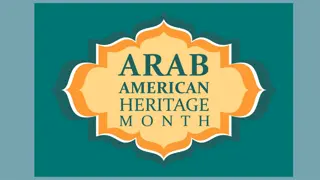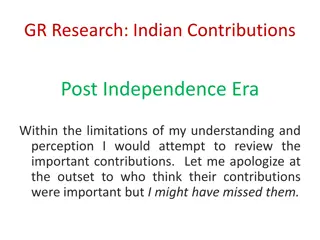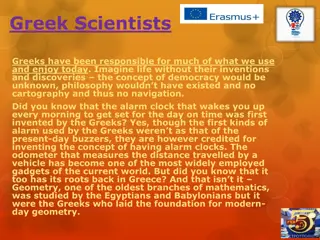The Life and Contributions of Plato: A Historical Overview
Plato, a Classical Greek philosopher and mathematician, played a significant role in shaping Western philosophy and science. Born around 427 B.C. in Athens, he was influenced by his mentor Socrates and later founded the Academy in Athens. Plato's works such as "The Republic" and "The Laws" are renowned for their philosophical depth. This overview covers his early life, family background, education, and major contributions to philosophy.
Download Presentation

Please find below an Image/Link to download the presentation.
The content on the website is provided AS IS for your information and personal use only. It may not be sold, licensed, or shared on other websites without obtaining consent from the author. Download presentation by click this link. If you encounter any issues during the download, it is possible that the publisher has removed the file from their server.
E N D
Presentation Transcript
Faculty of Economics and Administrative Sciences Department of Economics ADM201 History of Political Thought I Research Assistant Sefa MERTEK
Plato ADM201 History of Political Thought I Week 3
Who is Plato? Teacher Teacher
PLATO A Classical Greek philosopher, mathematician, writer of philosophical dialogues. Founder of the Academy in Athens, the first institution of higher learning in the Western world.
Along with his mentor, Socrates, and his student, Aristotle, Plato helped to lay the foundations of Western philosophy and science. Plato was originally a student of Socrates, and was as much influenced by his thinking as by his apparently unjust execution.
I.Early life : II.Philosophy and main thoughts III.Works: 1.The Republic 2.The Laws IV.Major Contribution 1.Birth and family 2.Name 3. Education
Birth and Family The exact birth-date of Plato is unknown. Based on ancient sources, most modern scholars estimate that he was born in Athens 427 B.C. in a aristocratic and influential family. His father was Ariston. According to a disputed tradition, Ariston traced his descent from the king of Athens, and the king of Messenia. Plato's mother s family boasted of a relationship with the famous Athenian lawmaker and lyric poet Solon.
Education Plato's quickness of mind and modesty as a boy, and the "first fruits of his youth infused with hard work and love of study". Plato must have been instructed in grammar, music, and gymnastics by the most distinguished teachers of his time. Plato had also attended courses of philosophy; before meeting Socrates, he first became acquainted with Cratylus (a disciple of Heraclitus, a prominent pre- Socratic Greek philosopher) and the Heraclitean doctrines.
Plato may have traveled in Italy, Egypt to realize his aristocratic political dream. Said to have returned to Athens at the age of forty failed, Plato founded one of the earliest known organized schools on a plot of land in the Grove of Academus in Western Civilization. The Academy was "a large enclosure of ground that was once the property of a citizen at Athens named Academus. Some, however, say that it received its name from an ancient hero", and it operated until AD 529, when it was closed by Justinian I of Byzantium, who saw it as a threat to the propagation of Christianity. Many intellectuals were schooled in the Academy, the most prominent one being Aristotle.
Throughout his life, Plato became entangled with the politics of Syracuse. His main interests lay in Rhetoric, Art, Literature, Epistemology, Justice, Virtue, Politics, Education, Family, Militarism .
Plato Back In ATHENS When Plato returned to Athens in 387 B.C., he started a school of learning called the Academy, which was eventually described as the 1st European University At the Academy, he taught his subjects astronomy, biology, mathematics, political theory, and philosophy.
Philosophy A pupil of Socrates, Plato, too, had a bias against democracy. He had an aristocratic upbringing, and was immersed in the culture of his day, but his plan, abetted by relatives, to enter politics was abandoned after he saw what was done to Socrates.
Plato holds his gestures to the heavens, representing his belief in The Forms. In several dialogues, Socrates floats the idea that Knowledge is a matter of recollection, and not of learning, observation, or study. He maintains this view somewhat at his own expense, because in many dialogues, Socrates complains of his forgetfulness. Socrates is often found arguing that knowledge is not empirical, and that it comes from divine insight.
In many middle period dialogues, such as the Phaedo, Republic and Phaedrus Plato advocates a belief in the immortality of the soul, and several dialogues end with long speeches imagining the afterlife. More than one dialogue contrasts knowledge and opinion, perception and reality, nature and custom, and body and soul.
Socrates says that poetry is inspired by the muses, and is not rational. He speaks approvingly of this, and other forms of divine madness (drunkenness, eroticism, and dreaming) want to outlaw Homer's great poetry, and laughter as well.
Knowledge is not sense perception, not what simply appears to me. Like Socrates, Plato believes in virtue is knowledge, and the source of knowledge is virtue. It is not abstract, but concrete knowledge, not theoretical but practical knowledge. A man must know what is good so that he may do good.
Virtue can be taught, and there are four cardinal virtues: wisdom, courage or fortitude, temperance, and justice.
Platos Epistomology Epistomology is the study of knowledge. For Plato the question becomes how do we know what we know? Plato watched his mentor Socrates tease out the understanding of an idea through his questions. He came to believe that we all know everything already and only need to be reminded of what we know.
Plato thought that before we were born we existed on another plane. We might call that spiritual plane 'heaven' but I don't want you to confuse his ideas with our ideas of heaven. Our ideas of heaven come from a different cultural background.
The Forms (note capitalization) also exist in this otherworldly plane. The Forms are the ideal, perfect, eternal and unchanging models of everything, every physical thing, every idea, everything that can exist.
We recognize something (a table for example) as what it is because we've had an encounter with the Form 'Table' before. All physical tables (which can be very different from each other) share enough characteristics with the Form 'Table' that we recognize them as members of the class table.
Plato thought that we are able to recognize things and learn new ideas because we already know the Forms of those things. I'm not really teaching you anything. Rather, according to Plato, I'm reminding you of what you already know. You already know not only tables and chairs, but abstract ideas like Love, Beauty and Goodness.
Plato's not really concerned about tables and chairs but rather how do we recognize important ideas like Love and Beauty and Goodness. He saw that by talking to people and asking them questions Socrates could get them to express some pretty sophisticated ideas. How was that possible if they didn't already know the answers in some way?
https://www.youtube.com/watch?v=VDiyQ ub6vpw&list=PLwxNMb28XmpeypJMHfNb J4RAFkRtmAN3P https://www.youtube.com/watch?v=MgotD Fs6cdE&list=PLwxNMb28XmpeypJMHfNb J4RAFkRtmAN3P&index=3
Platos Works He had 36 dialogues (books) and 13 letters- The Republic talks about Utopian society Give readers a sense of philosophy as a living and unfinished subject, to which they will need to contribute to finish Modern scholars doubt the authenticity After writing, his works were lost until the Renaissance They have been steadily studied since Big influence in math and science Difference between arithmetic and logistic
The Republic Virtues of Justice Courage Wisdom and Moderation (Individual and Society) 3 Part Society Workers (producing) The appetite of the soul Warriors (protecting) The spirit of the soul Rulers (governing) The reason of the soul Rulers Warriors Workers
Courage is not merely military courage but primarily civic courage: the ability to preserve the right, law inspired belief, and stand in defense of such values as friendship and freedom on which a good society is founded.
State Conquest of Sparta against Athens Implementation of democracy in Athens Begins with disillusionment with the corrupt state, and the country's image became corrupted and do not reflect the country as it should be.
The city/( state ) be neither small nor seeming to be large. ...as log as the growing city is willing to remain a unity. So big let is no father.
Plato said;. If there are five kinds of constutions, there should be five conditions of soul of private men . [My conclusion] Mean , constution is image from soul of men/human. Aristocracy, government in the hands of aristocrat Timocracy, the power or the rule of honor Oligarchy, power in the hands of money Democracy, freedom are the most important Tyranny, absolute power on one hand
Laws IN one sense it is evident that the art of kingship does include the art of lawmaking. But the best ting of all is not full authority for laws but rather full authority for a man who understands the art of kingship and has wisdom .. laws must be closely related to citizens.. Plato; punishment is not a vengeance violation of the law is considered as a disease law should be a cure for disease
Justice Chepalos;. justice is honesty, do not cheat and pay all debts to the gods and to humans Pholemarcos;.. justice is giving people what they are entitled Trasymachos;.. .. Justice is noting but the advantage of the stronger
Plato:..There justice of one man. And justice of a whole city . A City is large than one man . Then perhaps there would be a larger justice in the city and easier to understand Let us enquire first what it is in the cities; then we will examine it in the single man, looking for the likeness of the large in the shape of the smaller..
The proper functioning of the money- making class, the helpers, and the guardians, each doing its own work in the state would be justice and would render the city just. Plato s; individual justice is only achieved through self-control. The possession itself that it will only happen if the rational part of the soul can control the other two parts, namely the spirit and desire or lust.
Allegory of the Cave The allegory of the cave is Plato's attempt to explain how we know what we know.
We are the prisoners who only see the shadows of images on the wall. We think those images are real. We think that they're really tables and chairs and trees, and all the abstract ideas. But they're actually two steps removed from the real thing.
When one person (the philosopher) is released, he can turn around and see that what he thought was real was only shadows of the objects the people were carrying along the wall in front of the fire.
In the case of the tree, you can imagine someone carrying a model of a Christmas tree. These objects are more 'real' than the shadows but they are not the real objects either. They're just models of the real objects. A ceramic tree, for example.
When the philosopher climbs out of the cave, he can't look up because the light is too strong but he sees the reflection of the tree in the pond. Although the image in the pond isn't really the tree either, it's closer because it's the image of the real tree rather than the shadow of a model (an image of an image).
When his eyes finally adjust he can look up and see the actual tree illuminated, not by a fire but by the Sun. Now he finally see a real tree, which is the Form all the images of the tree (the reflection, the model and the shadow) represent, albeit imperfectly.
Plato died in 347 B.C., leaving the Academy. The Academy remained a model for institutions of higher learning until Emperor Justinian closed it.





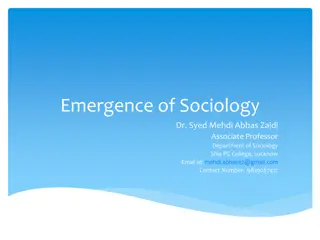
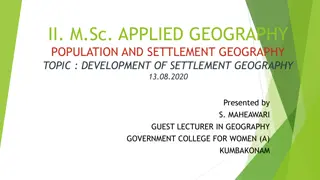

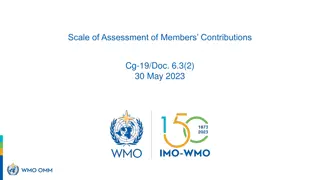

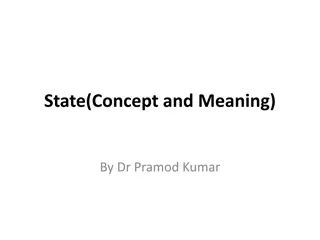
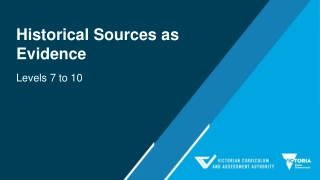



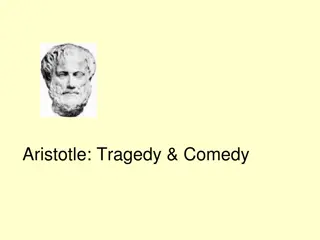
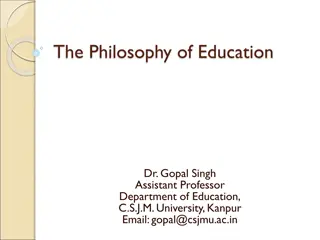
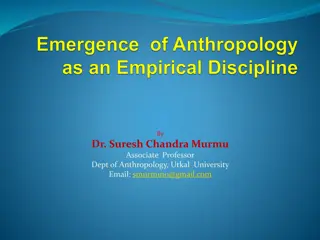
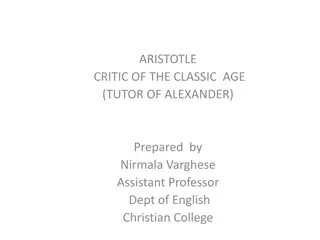
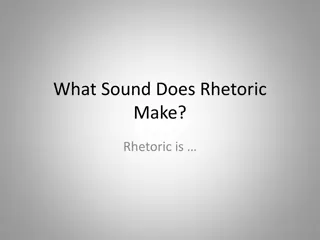
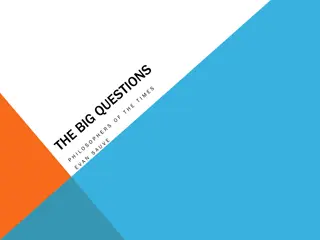
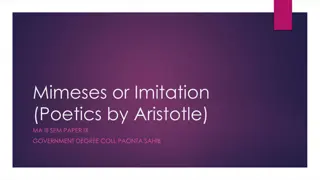


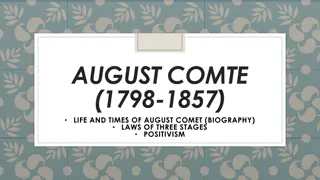


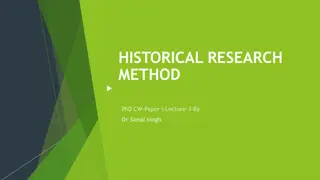
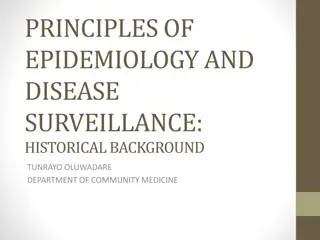


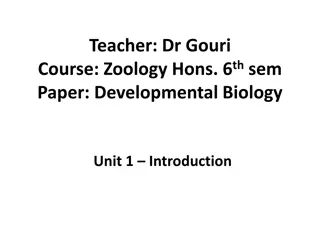

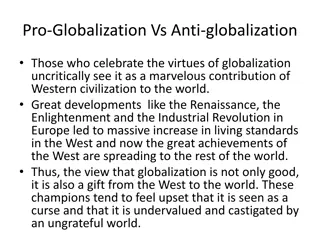

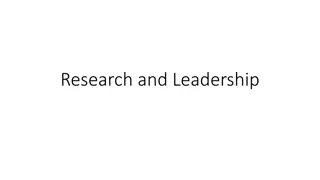


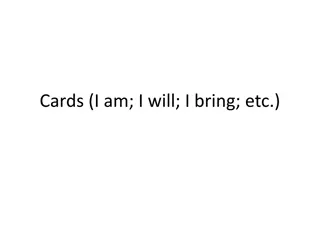
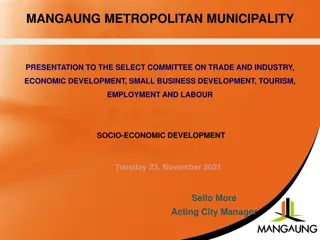

![Property Settlements in Family Law: Case Study of Stamatou & Stamatou [2022] FedCFamC1F 241](/thumb/63303/property-settlements-in-family-law-case-study-of-stamatou-stamatou-2022-fedcfamc1f-241.jpg)
